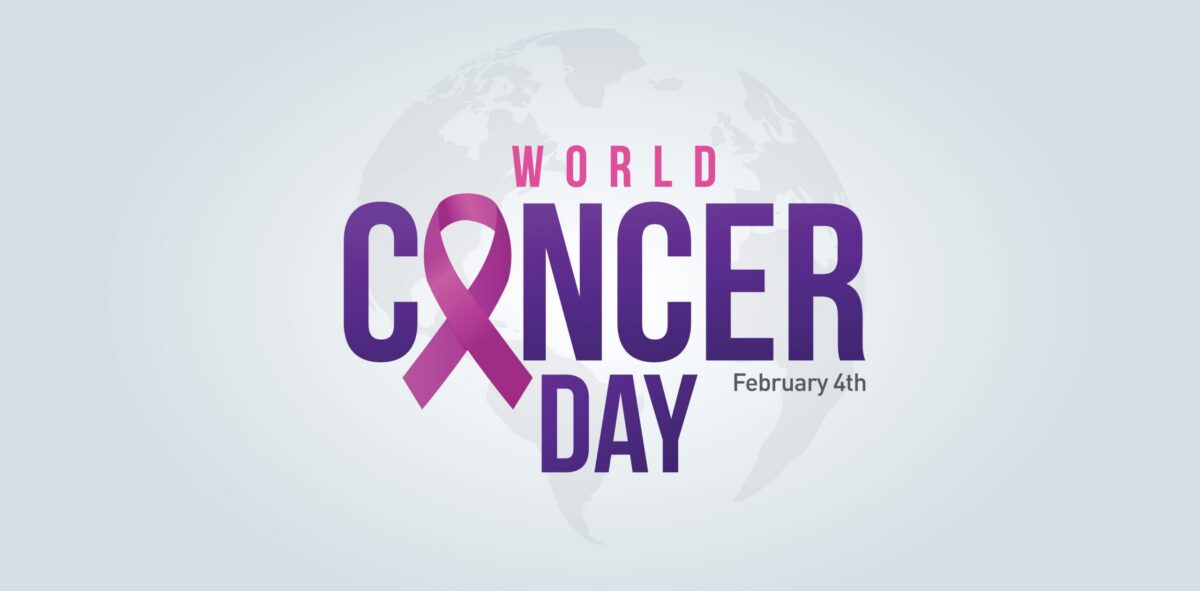Clinical data manager jobs involve individuals applying their expertise in healthcare and database management to analyze and report on clinical data trends. These professionals design and validate clinical databases, which may involve creating or testing logic checks. In their role, clinical data managers create project-specific data management plans that involve coding, reporting, data transfer, database locks and workflow processes.
In this article, we delve into the daily responsibilities, educational requirements and qualifications, experience prerequisites, job outlook and salary expectations for clinical data manager jobs. If the world of clinical data intrigues you, continue reading to learn more about this dynamic profession.
And don’t forget to explore the Xtalks Job Search platform to embark on your journey to landing your dream clinical data manager job today.
Related: Pharmaceutical Scientist Jobs: What to Know Before Applying
What Does a Clinical Data Manager Do?
A clinical data manager plays a pivotal role in determining the best methods and tools for data collection in clinical studies. They are tasked with establishing and updating the data management plan and the case report forms essential for the clinical trials they oversee.
These experts spearhead the collection and analysis of data, identifying patterns and formulating recommendations. They also set the technical guidelines for IT teams when crafting data management software. A clinical data manager’s responsibilities extend to:
- Providing updates on clinical trial progression
- Formulating strategies for data transfer
- Designing software applications
- Addressing challenges in clinical data gathering
- Constructing efficient data systems
- Guiding team members on data-related protocols
- Assessing the performance of their team members
It’s essential for clinical data managers to review their gathering and analysis methods to guarantee the accuracy and validity of the results. Additionally, it’s imperative that they align their research with ethical standards and adhere to regulations set by governing bodies such as the US Food and Drug Administration (FDA).
Educational Requirements and Qualifications
To start on a journey as a clinical data manager, begin by securing a bachelor’s degree in a relevant field. Common degree choices for aspiring clinical data managers include biology, information technology, statistics or business. During your undergraduate studies, you might enroll in courses like chemistry, economics, computer programming, accounting and calculus. Earning a bachelor’s degree equips you with the fundamental knowledge and competencies needed for rudimentary data management tasks.
A substantial number of roles in clinical data management also require candidates to have a master’s degree in disciplines like computer science, engineering or life sciences. Additionally, some people choose to pursue graduate certificates in specialized areas such as health informatics, biometrics or clinical data management. Professionals with these advanced qualifications can stand out amongst their peers and potentially unlock more job opportunities in the clinical data management realm.
How to Become a Clinical Data Manager?
In addition to the education requirements, there are several steps individuals can take to land a clinical data manager job. After earning degrees, those aiming to be clinical data managers typically start in entry-level data roles. Potential job positions at this stage include data programmers, clinical data analysts, project data managers and electronic data capture specialists. These roles provide valuable insights into data collection and management procedures.
People in this field often dedicate three to five years in foundational roles before seeking upward mobility in their careers. This period allows them to familiarize themselves with various data management tools and methodologies. Opting to handle medical data can also augment their understanding of the healthcare sector, positioning them well for a clinical data manager role.
To further bolster their credentials, some clinical data managers pursue professional certifications. The Society of Clinical Data Managers, for example, offers a Certified Clinical Data Manager program. This certification not only acknowledges their educational background and hands-on experience but also showcases their proficiency in clinical data management to potential employers.
What Is the Job Outlook Like?
The job outlook for data scientists, which includes clinical data managers, is exceptionally positive. According to the US Bureau of Labor Statistics (BLS), employment of data scientists is projected to grow 35 percent from 2022 to 2032, much faster than the average for all occupations.
An estimated 17,700 job opportunities for data scientists are anticipated annually over the coming decade, with a portion of those being clinical data manager roles. A significant portion of these openings is likely due to the need to replace professionals who move to other careers or leave the workforce, including those who retire.
The surge in employment opportunities in this field is attributed to a growing demand for data-centric decision-making. As the amount of available data and its potential applications expand over the projected decade, there will likely be a heightened need for data scientists to sift through and interpret this vast information.
Salary Expectations for a Clinical Data Manager
Clinical data manager salaries vary based on education, experience and location. According to indeed.com, the average salary for a clinical data manager in the US is $87,476 per year. Individuals in this role also have the opportunity to receive additional compensation, averaging around $5,743 per year, according to Glassdoor.
The highest-paying cities for clinical data managers include Irvine, California, Tampa, Florida and New York.
Start applying for your ideal job today. Visit Xtalks Job Search to see new and exciting openings in the pharma, biotech and medical device industries.












Join or login to leave a comment
JOIN LOGIN